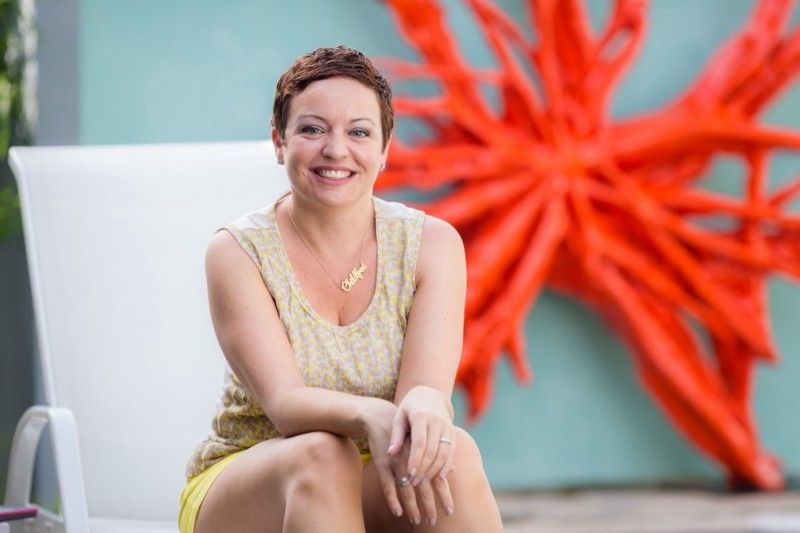Write Now with Sarah Knight
How The Life-Changing Magic of Not Giving a Fuck went from an idea to a bestselling series
⭐️
This is one of Justin's featured posts.
This post is only for subscribers.
Already have an account? Sign in
Subscribe to new posts